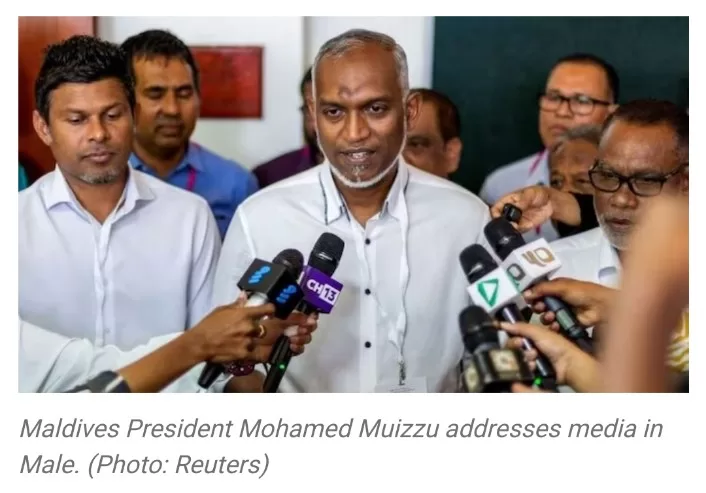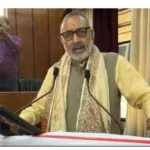New Delhi—The election of pro-China President Mohamed Muizzu in the Maldives has stirred diplomatic challenges for Indian officials. President Muizzu, just days into office, has formally requested the withdrawal of 77 Indian servicemen, signaling a potential shift in the country’s foreign relations. In addition to the troop withdrawal, Muizzu has announced a review of over 100 agreements with India, prompting questions about the impact on Indian interests.
During a press conference, Mohamed Firuzul Abdul Khaleel, undersecretary for public policy of the presidential office, highlighted the significant role played by Indian helicopters and aircraft in the Maldives. The Indian servicemen have been involved in various missions, including medical evacuations, surveillance operations, search and defense training missions, Covid sample collection, VIP services, and aircrew transfers over the past five years.
Sources close to the new Maldivian administration suggest that the presence of foreign soldiers, particularly from India, is not aligned with the wishes of the Maldivian citizens. President Muizzu, even before taking oath, linked major foreign relations issues of the Maldives to India, indicating a reevaluation of bilateral agreements.
India has emphasized that its assistance and platforms have substantially contributed to the welfare of the people, humanitarian relief, disaster response, and the fight against illegal maritime activities.
Experts caution against potential harm to the Maldives if big-ticket Indian projects are put on hold. Former diplomat Achal Malhotra warns that such decisions could undermine the national interests of the Maldives.
Former ambassador to Italy, Rajiv Dogra, invoked the historical role of Indian soldiers in thwarting a coup attempt in 1988, emphasizing India’s longstanding friendship with the Maldives. Dogra suggested that President Muizzu should carefully consider the decisions made, as history indicates the consequences of unfavorable choices.
India has been a significant security provider for the Maldives for decades. Defense relations between the two nations involve agreements and on-the-ground support. Since the thwarting of the 1988 coup attempt, India has maintained a steady presence, offering defense training, equipment, and assistance.
The Ministry of External Affairs reports that around 70% of Maldives’ defense training requirements are fulfilled by India. Various initiatives, such as supplying replacement ships and utility vehicles, highlight India’s commitment to strengthening Maldivian defense capabilities.
Beyond defense, India has played a crucial role in the socio-economic development of the Maldives. The Muizzu government acknowledges India’s contribution of a $1.8 billion line of credit for various projects, including the ambitious bridge project connecting Male with Hulhule, Hulhumalé, Gulhifalhu Port, and the Thilafushi Industrial Zone.
India’s assistance extends to constructing parks, hospitals, community centers, schools, and the National College for Police and Law Enforcement. The socio-economic cooperation between India and the Maldives is extensive, reflecting the depth of bilateral ties.
While concerns persist about the potential impact of President Muizzu’s decisions on Indian projects and relations, some experts believe that his approach may differ from his predecessor’s pro-China stance. The change in leadership is not expected to significantly alter the security and strategic stability equation in the Indian Ocean Region.
Experts caution against overestimating China’s influence and suggest that the Maldivian population may not universally support President Muizzu’s policies. Diplomatically and politically, India is expected to continue efforts to emphasize the importance of its relationship with the Maldives.
As the new Maldivian government takes shape, the geopolitical landscape in the Indian Ocean Region remains dynamic, with India navigating the complexities of regional partnerships.







